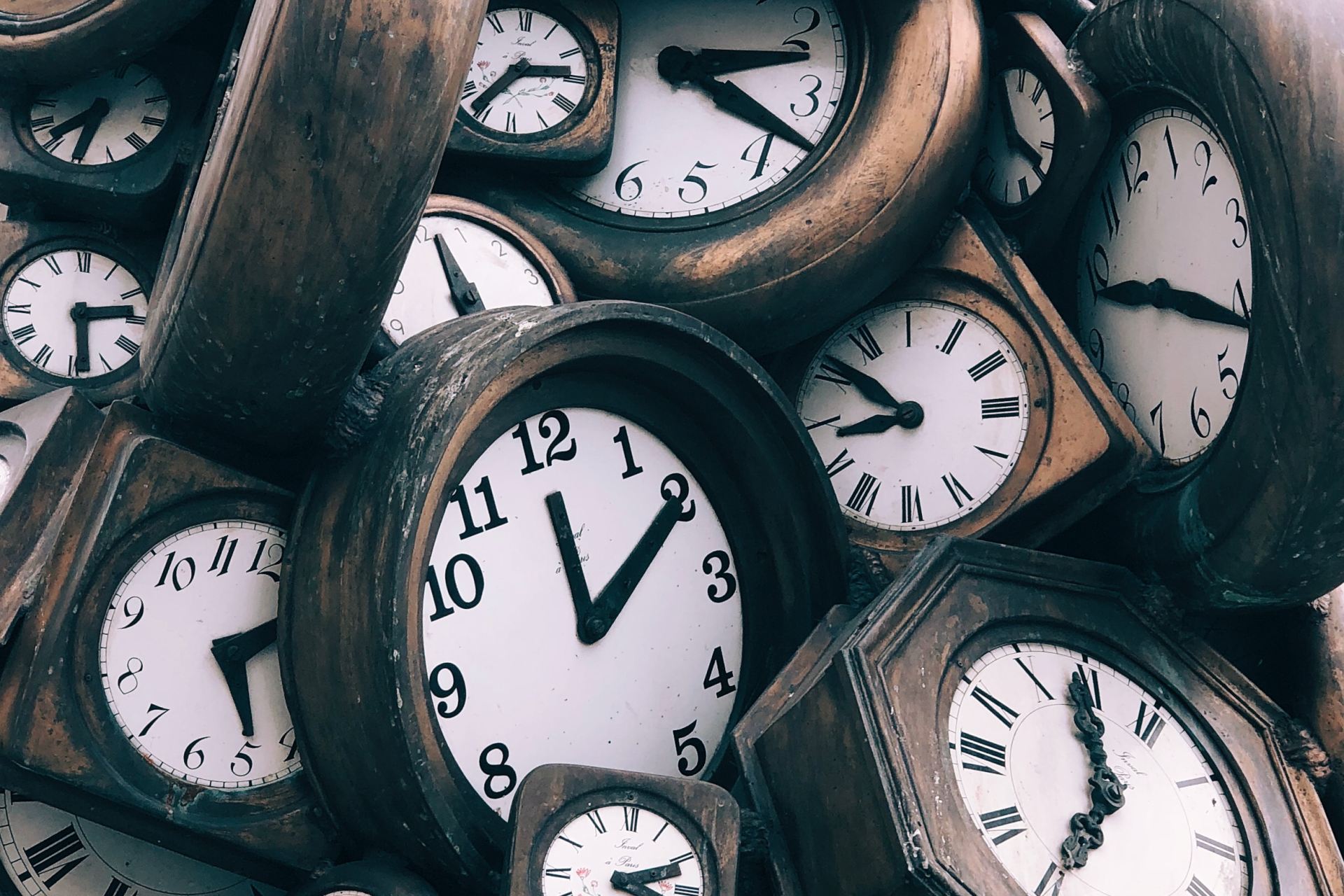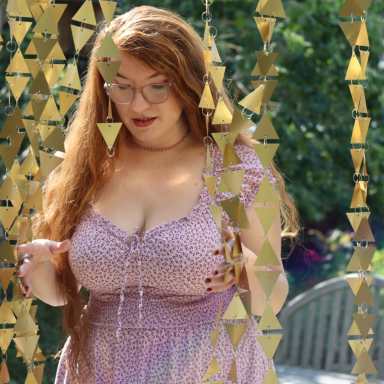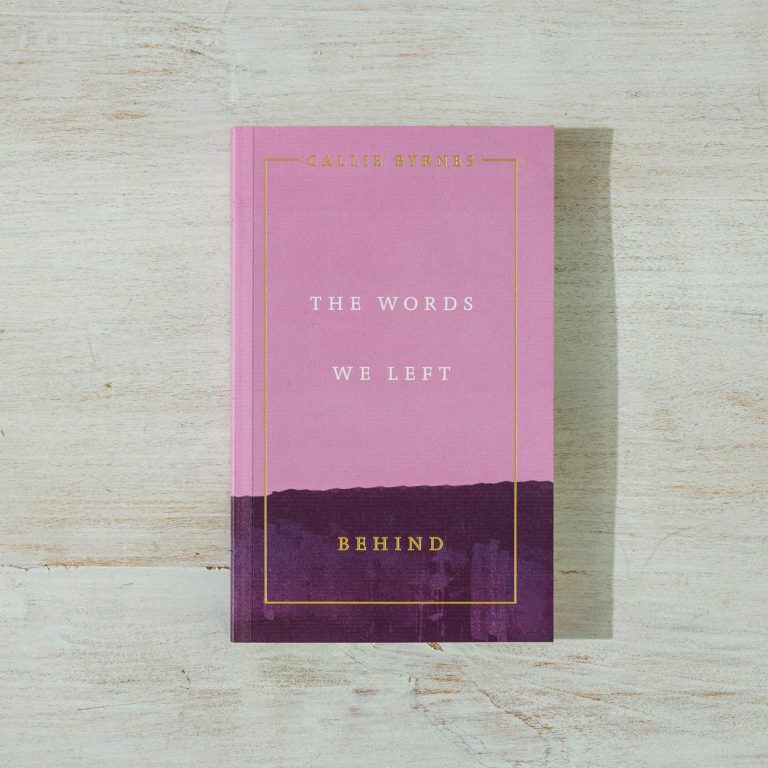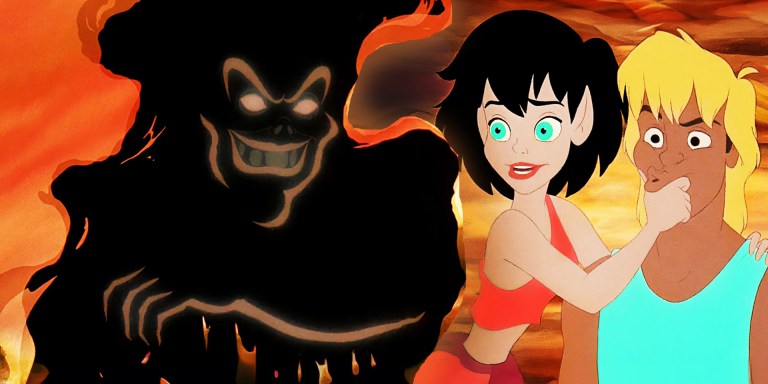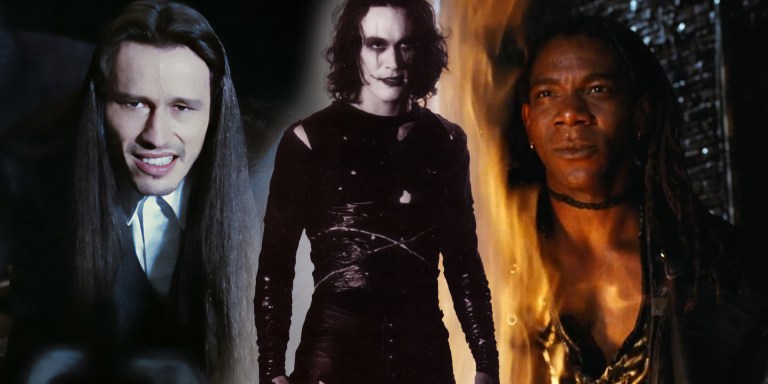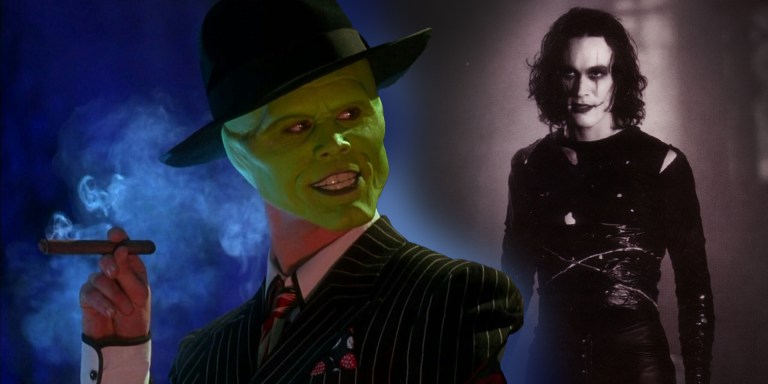I have never had a firm grasp on time.
If I wanted to dig deep, I could probably blame it on my upbringing. Many years ago, my childhood friend admitted that her family often told my parents that their social events started at least an hour earlier, if not more, than they actually did. “That way, you guys might actually show up on time,” she explained to me. But even still, we usually didn’t. We were a family that thrived on being fashionably late, not necessarily to make a statement but because, as my mother would sometimes say, “Time just keeps getting away from us.”
What a strange phrase. It resonates with me more now than it did as a kid, though. It seems like the harder I try to grasp time, the quicker it slips away. Every day goes by faster and faster, the weeks spinning away like a merry-go-round—first it’s Monday, then suddenly it’s Wednesday, then Friday, and then somehow it’s Monday again, on and on and on in dizzying repetition. I try to ground myself in the present, if only to make it all slow down for a moment, but it never seems to work. Despite all my protests, time refuses to still, and I am left empty-handed.
I’ve been told that’s just part of getting older. Every minute that passes becomes a smaller and smaller increment of our overall lifespan, and with fewer milestones to hit, time seems to slip by without notice. Why, then, does it feel like it’s been this way for a long time? I always feel like I’m saying goodbye too soon, walking out the door before I’m ready, starting anew before I’ve ever had the time to process the last ending. I try so hard to make the most of every moment, but then it’s gone and I’m not sure what to do but hold on to the next one and hope it’ll last for just a little longer this time.
I guess what I’m trying to say is that, try as I might to conquer time, it always seems to conquer me, and it all just feels like a losing battle. I keep fighting, though, always struggling to control what I know is uncontrollable, if only because I’m afraid of what will happen once I stop. Because what if I rest, even only for a moment, and suddenly all my time is gone?
* * *
Two months ago, I turned 27. But if I’m being honest, I feel like I’ve already been 27 before—and 37, for that matter, and maybe 47 too. And so when everyone started sending me the “happy birthday” messages and bringing up that number—that 27—it felt like deja vu. Hadn’t I been here before?
It wasn’t the first time I’d lost track of my age—not even close. The first time I can remember was five years ago when I’d been pulled over by a police officer for a traffic violation.
“How old are you?” the officer had asked as I handed him my driver’s license.
“Twenty,” I’d responded automatically, then immediately backtracked. “No, wait, 22.”
He was obviously skeptical but could tell I was exhausted, and I was fine with just blaming it on that. But then later, it happened again. And then again. And then suddenly, whenever anyone asked my age, I had to pause. When had it grown so hard to keep track of the years?
But I’m not sure it’s just that. I just don’t know how to explain it.
A week before I turned 27, my friend asked me why I was always so weird about my birthday. The answer exited me before I really had the chance to think about it: “Because if I’m 27, then I’m 30, and if I’m 30, I’m 50, and on and on and on.”
He let out a surprised laugh, shaking his head. “That doesn’t even make sense.”
And I know it doesn’t, not logically. I know that from our own limited point of view, time swims in one direction steadily—there are no shortcuts, no detours. But everything moves so fast these days that sometimes I feel like I’m living my life in limbo, one foot five years in the past and the other five years in the future. I’m simultaneously processing all that’s happened while trying to anticipate where I need to be next. Every year ends just as soon as it begins, and somehow I’m still writing 2015 on every form, though I swear it’s 2025. It’s like reality can’t quite keep up with my brain, or maybe vice versa. Maybe the problem is that my brain and reality are moving in two different directions entirely.
And I can’t be the only one who feels this way. I refuse to believe it. Because there’s nothing lonelier to me than the idea that I’m the only one here who’s completely lost in time.
* * *
Growing up, the sounds of Rent would ring through the hallways of the house. Or at the very least, it would ring through my sister’s bedroom—our parents had decided I was too young for the contents of the musical, but my sister didn’t want to deprive me of such a masterpiece, so we’d crouch down by her bed as the music pulsed from her boom box. By elementary school, I could recite the lyrics of each song, though I didn’t know what most of it meant. I just knew I loved the way it sounded.
The song that made the most sense to me, of course, was Seasons of Love. Even without having seen the musical—and even without the ability to grasp the more mature themes of the story—I understood what this song meant, at least at a rudimentary level. There are 525,600 minutes in a year, so how do we choose to measure them?
For me, it was the number of books I read, the baby teeth I lost, the letters to Santa I wrote. As I grew older, it became the number of trips I’d take, the concerts I’d go to, the weddings I was invited to. It was the number of times I saw my grandparents—usually around holidays. It was the number of times my friends would drive for hours just to spend a weekend hanging out with me.
It’s been harder to quantify this past year, though. With the pandemic raging and quarantine in place, so many of the familiar time markers disappeared. All my flights were cancelled and refunded. All the weddings were postponed to later dates. It was the first year I didn’t see my extended family for the holidays. I hardly saw any friends at all.
In 2020, I stopped thinking of life as Rent and started comparing it to one of my father’s favorite movies—Groundhog Day. Instead of making the most of every moment, I felt as if I was forced to spend each day reliving the one before. Even when the news was flooded with shocking new stories—perhaps the only true marker of time—I felt as though I was stuck in a time loop, and I was forced to tackle a question so many movies heroes had struggled with before: Can we find meaning in a life that never seems to move forward?
I’d like to think we can. I’d like to believe that even without all the big things, there is still something valuable to be found in the small ones. I may not be able to go to a concert, but I can dance around the living room. I haven’t been to my favorite restaurants in months, but I’ve tried new recipes I never would have bothered with before. Without my usual rush of a social life, I’ve learned to appreciate the quieter moments, the kind I might usually try to avoid. Nothing around me seems to have changed, but in many ways, I have. It helps that I’m not stuck in this cycle of sameness alone—in this shared experience of physical isolation, we rage together, and we commiserate together, and we mourn together. There is so much meaning in that alone.
So maybe this year has been harder to measure. In truth, I think I just stopped trying. I can’t for the life of me keep track of the day or the month or sometimes even the year, but there’s something peaceful in the dissolution of the structures that once controlled my life. I look forward to breaking the cycle, to one day annihilating this time loop altogether, but for now, I’m alright.
* * *
At Michele Besso’s funeral, his good friend Albert Einstein said, “Now he has departed from this strange world a little ahead of me. That means nothing. People like us, who believe in physics, know that the distinction between past, present, and future is only a stubbornly persistent illusion.”
I think about that quote a lot. I’ve always liked the idea that time exists in a way we can’t quite perceive, that perhaps everything is happening all at once and every moment exists simultaneously. I can’t always decide if it’s depressing or relieving. Because in this very moment, somewhere, sometime, you are falling in love, and you are grieving a loss, and you are gaining something new, and you are reeling from a heartbreak. Every single moment is full of everything, and that is terrifying and beautiful and a little overwhelming.
If only we could access all those moments. If only we could simply walk through a door and find ourselves somewhen new. I do take some comfort in the fact that maybe nothing truly ever leaves us, though. Somewhere in space-time, there is a version of me spending my last day with my grandmother before she passes away. There is a version of me grabbing coffee with a friend I will later never speak to again. There is a version of me so proud of something I accomplished, even though I’ll forget about it by the time the next challenge arrives. There is a version of me exploring the streets of an unfamiliar country, exhausted from the trip but feeling so amazingly alive—a feeling I’ll try to replicate but may never fully experience again. When I think about it that way, it makes the wounds ache a little less. The distance between now and then means nothing, and in that knowledge, there is everything.
If that is how the universe works, I don’t mind being lost in time. It makes me feel a bit closer to who I’ve been, to who I’ll be. It makes me feel connected to the world in a way I’ve never been before—to my ancestors and yours, to everyone and everything that has come before and after me. It makes me care about conquering time just a little less. Because while I can never hold onto time, at the very least, I know it will always hold me.
